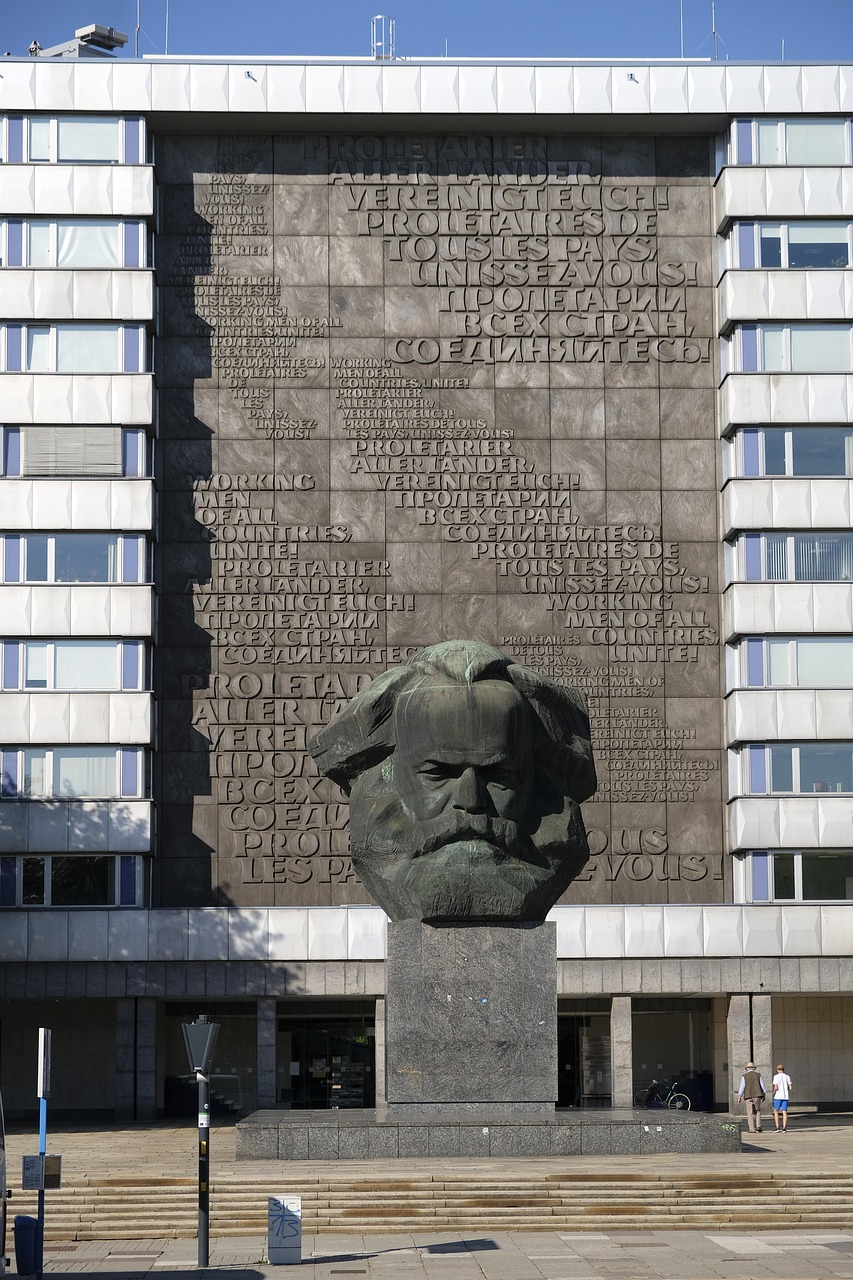 Labour’s proposal to remove the VAT exemption on fees charged by independent schools and scrap their charitable status will not resolve Britain’s educational inequalities. In educational terms alone, it is a destructive policy, part of the ‘politics of envy’ which began with Tony Crosland, the Labour party education secretary in 1965, saying he wanted ‘to destroy every grammar school in England’. In 1973, while the shadow chancellor, Dennis Healey, was threatening to ‘squeeze the rich until the pips squeak’, the shadow Secretary of State for Education, Roy Hattersley, was telling prep school heads, ‘I must leave you with no doubts about our serious intention initially to reduce and eventually to abolish private education in this country’. As recently as 1997, Labour abolished the Assisted Places Scheme which deprived children from disadvantaged families the opportunity to access any of the 355 schools participating in the scheme and immediately reducing the social range of pupils educated in independent schools.
Labour’s proposal to remove the VAT exemption on fees charged by independent schools and scrap their charitable status will not resolve Britain’s educational inequalities. In educational terms alone, it is a destructive policy, part of the ‘politics of envy’ which began with Tony Crosland, the Labour party education secretary in 1965, saying he wanted ‘to destroy every grammar school in England’. In 1973, while the shadow chancellor, Dennis Healey, was threatening to ‘squeeze the rich until the pips squeak’, the shadow Secretary of State for Education, Roy Hattersley, was telling prep school heads, ‘I must leave you with no doubts about our serious intention initially to reduce and eventually to abolish private education in this country’. As recently as 1997, Labour abolished the Assisted Places Scheme which deprived children from disadvantaged families the opportunity to access any of the 355 schools participating in the scheme and immediately reducing the social range of pupils educated in independent schools.
According to the Daily Telegraph, senior figures in private education claim that between 150 and 200 independent schools are at risk of closing if Labour’s plans are implemented. There are about 2,300 independent schools in England and 1,300 of them are registered as charities. The best-known independent schools – Westminster, Winchester and Eton – will continue to prosper as their substantial endowments will cushion them from the vagaries of Labour policies. Less well-known schools which rely on fee income will see their costs rise significantly. These schools are not frequented by the children of aristocrats, plutocrats, and oligarchs, and serve their local communities well, often enabling two parents to work long hours with school pick-up times after 6.00pm. Independent schools feeling the financial squeeze will cut the amount of bursarial funding which they allocate to families who are unable to pay the fees and social mobility will decline even further.
The success of independent schools is not based on class snobbery and privilege, but on their uncanny ability to produce outstanding exam results: British independent schools do exceptionally well in The Programme for International Student Assessment (PISA): these global tests compare the achievements and abilities of 15-year-olds in science, mathematics, reading and collaborative problem solving. The outstanding performance of British independent school pupils in science puts them on the same level as pupils in Singapore and a year ahead of their peer group in maintained schools. In 2022, more than half of A level entries from independent schools achieve A* and A grades (58%), nearly double the national figure for state secondaries (30.7%). Smaller class sizes enable independent schools to focus on the bespoke needs of the individual pupil (pupil-teacher ratios average 9:1 compared with 18:1 in the maintained sector). These schools also provide a wider range of co-curricular activities in sport, art, drama and music. A study of UK medal winners at Tokyo in 2020 found that 35% were educated at independent schools for at least some of their secondary schooling, an increase of 3% on the number of British medal winners in Rio in 2016. We should be proud that our independent schools are among the best in the world.
Labour’s policies would not make society anymore equal. House prices in the catchment area of the best state schools would soar even further. Private tutors would replace prep schools in Kent, Essex, Buckinghamshire and Lincolnshire, counties which still have selective grammar schools. The rich would still be able to afford the 20% VAT surcharge on fees – a family able to afford boarding fees of £44,000 per year would probably be able to scrape together £53,000 per year. But not all parents who invest in a private education for their child are ‘loaded’. Many parents scrimp and save to send their children to private schools. My mother took up child-minding to afford to send us to the local prep school, even though she had three children under the age of 5 at the time. Labour’s desire to punish independent schools represents an attack on middle-class aspirations and Rishi Sunak was absolutely correct when he warned that Labour’s policy would make private schools the preserve of wealthy pupils from overseas.
The long-term revenue consequences for the Exchequer would be significant. Independent schools save taxpayers £4.4 billion every year by providing places for pupils who would otherwise have to be educated in state schools. Parents who send their children to independent schools already pay two school bills – for state education through their taxes, and the fees at this school.
In defence of its proposals, Labour referred to an Institute for Fiscal Studies policy paper which reasoned that demand for independent schools would not alter significantly if fees changed. Not surprisingly, the Independent Schools’ Council has condemned the use of a policy paper based on data collected from 1993 to 2008. How can economic data which pre-dates Brexit, the pandemic and the cost of living crisis have any relevance in 2022?
There is a strong (at least theoretical, if not practical) argument that the Government should contribute towards private school fees as the public purse benefits when parents opt to go private. Taxing parents who invest in private education is the equivalent of taxing patients who opt for private medicine. Government should assist parents with the cost of educating pupils at independent schools by allowing them to deduct a percentage of the school fees from their self-assessment tax returns. Politics is the art of the possible and we should look at countries which encourage private schools to operate alongside the state sector: 39% of independent school funding in Australia comes from government, according to Independent Schools Australia’s School Choice research report in 2021. If this was adopted in the UK, additional places would be available to thousands of children from low-income families.
Most independent schools in the UK have made great strides to engage with their local community and to provide wider benefits beyond those enjoyed by their own pupils. They are fully aware that their continuation depends on their ability and willingness to engage in the national educational debate and improve social cohesion by widening enrolment to children from families without the means to pay fees. To this end, independent schools are raising endowments for bursaries to enable needs blind school enrolment. Some schools should do more to earn their tax breaks: out of the 600,000 privately educated children, 1.6% are in receipt of 100% fully-funded means tested bursaries which compares unfavourably with 13% of pupils eligible for, and claiming, free school meals in the state sector.
My relatives work in the independent school sector, and I attended independent schools. I have a clear understanding of the frustrations the sector feels that its strengths and international reputation, and the positives that these bring to the country, are rarely acknowledged. I also recognise that some schools in the independent sector could be doing more to share their expertise and facilities to the benefit of all children.
Educational debates should not be reduced to Punch and Judy politics from which no one emerges with credit. We need a mature conversation about the future of independent schools in our country.
















When are comments going to be allowed on Bella’s posts? She seems to have plenty to say for herself with her lies and gaslighting but doesn’t seem to like being challenged!